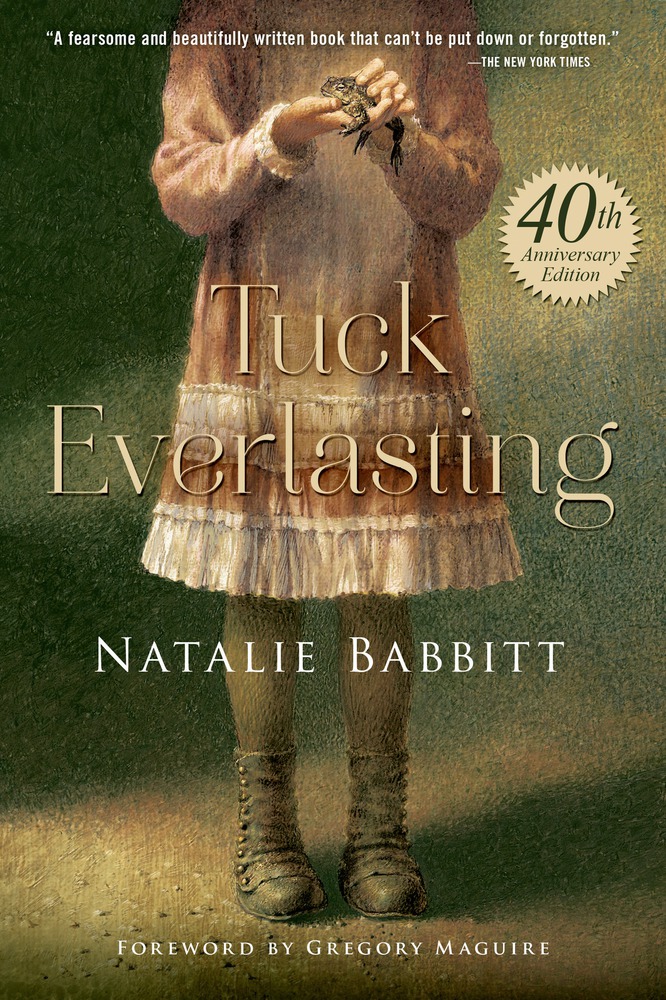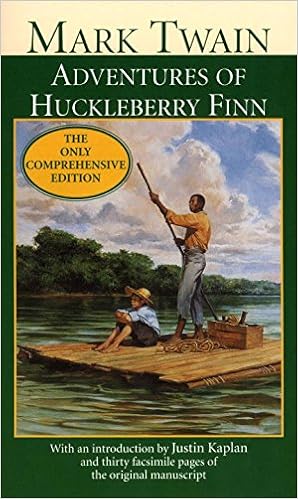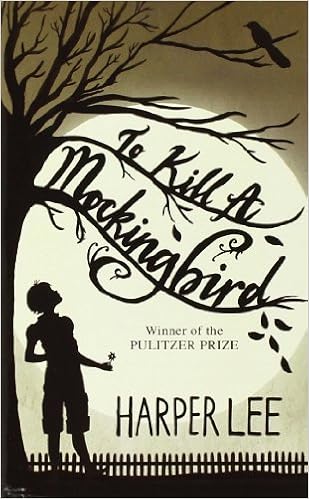 The other morning I overheard someone talking about the things that had to get done in the next few weeks. An eager (if you are married to me you might say maniacal) list maker myself I listened (hey it was on the train so it doesn’t count as eavesdropping; everyone can hear everything you say on a train…you hear that all you people on your phones?)
The other morning I overheard someone talking about the things that had to get done in the next few weeks. An eager (if you are married to me you might say maniacal) list maker myself I listened (hey it was on the train so it doesn’t count as eavesdropping; everyone can hear everything you say on a train…you hear that all you people on your phones?)
“He has to read a chapter book for school.”
Ugh. Just ugh. I don’t even know how to break down how many things are wrong with that sentence.
“He has to read a book.” He has to clear the table. He has to write thank you notes.
When was the last time you said you “had” to do something? You had to clean the house. You had to take the kids’ medical forms to the doctor to be filled out. Again. (Why do I feel like I have to do this monthly?) The tone is dread, an unwillingness to carry out a task.
When your child “has” to read a book he may well be required to read it for school. But be careful how you say that to your kids.
Here’s what happens when I say “This room is a mess. You have to clean it” to my kids: protests, negotiations, dragging feet to pick up exactly one Lego brick and put it into the box. Last weekend, horrified at the state of things, I decided we were going to play Clean Up Olympics, in teams. So to pick up the Lego they hopped up on the sofa first (jumping on the sofa is not great but I will do anything to encourage someone to pick up an unwieldy TeenyMates collection). Before rolling the trucks back into their cubbies they ran around the family room two times. The Opening Ceremony included us singing while I wielded a Swiffer in the air like a torch. It was raucous. It was fun. It was effective. That family room was cleaned up in record time.
We know as parents that sometimes it’s all in how we serve something up. Yes, there are some things in life that are not fun and that you just have to do. I don’t imagine our children will ever witness us humming a happy tune while cleaning out the bathtub because someone mistook it ,yet again, for a potty.
If my child was fussing and fuming about that dreaded summer reading assignment when he had to read a book I’d try my very best to re frame that. “Wow, you get to read for one of your assignments? Cool! How about you find a nice comfy spot and settle in for a while? Or go outside?” Or “Hey I should read a book this summer too. Want to help me pick something out?”
Maybe you exchange chore for chore. “Ok reading that book is going to take some time, so for the next week you don’t have to clear the table. I’ll do it while you spend that time reading.” I’ll bet if you swap a dreaded chore suddenly spending that time reading might not seem so bad.
Many times the child is unhappy about the book choice rather than the actual reading assignment. Been there. As an English major I think I had to read Dante’s Inferno more than four times over the years. I hated it. But I guess it did prepare me somewhat for life in corporate America.
Reading an assigned book they don’t like is a tougher sell for a kid. You could try reading it together, for a book group for two. You could try reading rewards. Or maybe look at the book as just one facet of a really cool experience. For instance if my child was reading Moby Dick and suffering (been there) one way to garner interest might be to do some research (or better yet suggest they do it) about sea life, or what it’s like to live on a ship. Or what it was like to live during that time. You might even plan a trip to a lighthouse or an aquarium or museum. The book becomes a portal for learning about so much more and gives the reader a firmer appreciation for the context of the world when the story was written.
And then there’s the fact that sometimes you just have to say “I know you don’t love it but I think in a few years you might have a different perspective on it.” Then talk about a book you had to read and didn’t love, and how you appreciate it now (there has to be at least one). You will probably get eye rolls but maybe they’ll listen to at least fifty percent of your argument. Or know they aren’t alone in hating Moby Dick.
Whatever you do, please, try not to say “He has to read a book for school.”
Because reading as a chore? Ugh. Just ugh.
It’s almost impossible to cull the most common books that land on Summer Reading lists Some districts have more modern stories and some stick to the classics. Whatever ends up on your list, they are all worth a read. From a few sources these seem to be common summer reads for kids in middle school:
×

Tuck Everlasting
by Natalie Babbitt
Blessed with-or doomed to-eternal life after drinking from a magic spring, the Tuck family wanders about trying to live as inconspicuously and comfortably as they can. When ten-year-old Winnie Foster stumbles on their secret, the Tucks take her home and explain why living forever at one age is less of a blessing than it might seem. Complications arise when Winnie is followed by a stranger who wants to market the spring water for a fortune.



×

The Adventures of Huckleberry Finn
by Mark Twain
Long cherished by readers of all ages, “The Adventures of Huckleberry Finn” is both a hilarious account of an incorrigible truant and a powerful parable of innocence in conflict with the fallen adult world.



×

To Kill A Mockingbird
by Harper Lee
The unforgettable novel of a childhood in a sleepy Southern town and the crisis of conscience that rocked it, To Kill A Mockingbird became both an instant bestseller and a critical success when it was first published in 1960. It went on to win the Pulitzer Prize in 1961 and was later made into an Academy Award-winning film, also a classic.



The post Don’t Say You ‘Have’ To Read That Book appeared first on Tips on Life and Love.
Leave a Reply
You must be logged in to post a comment.